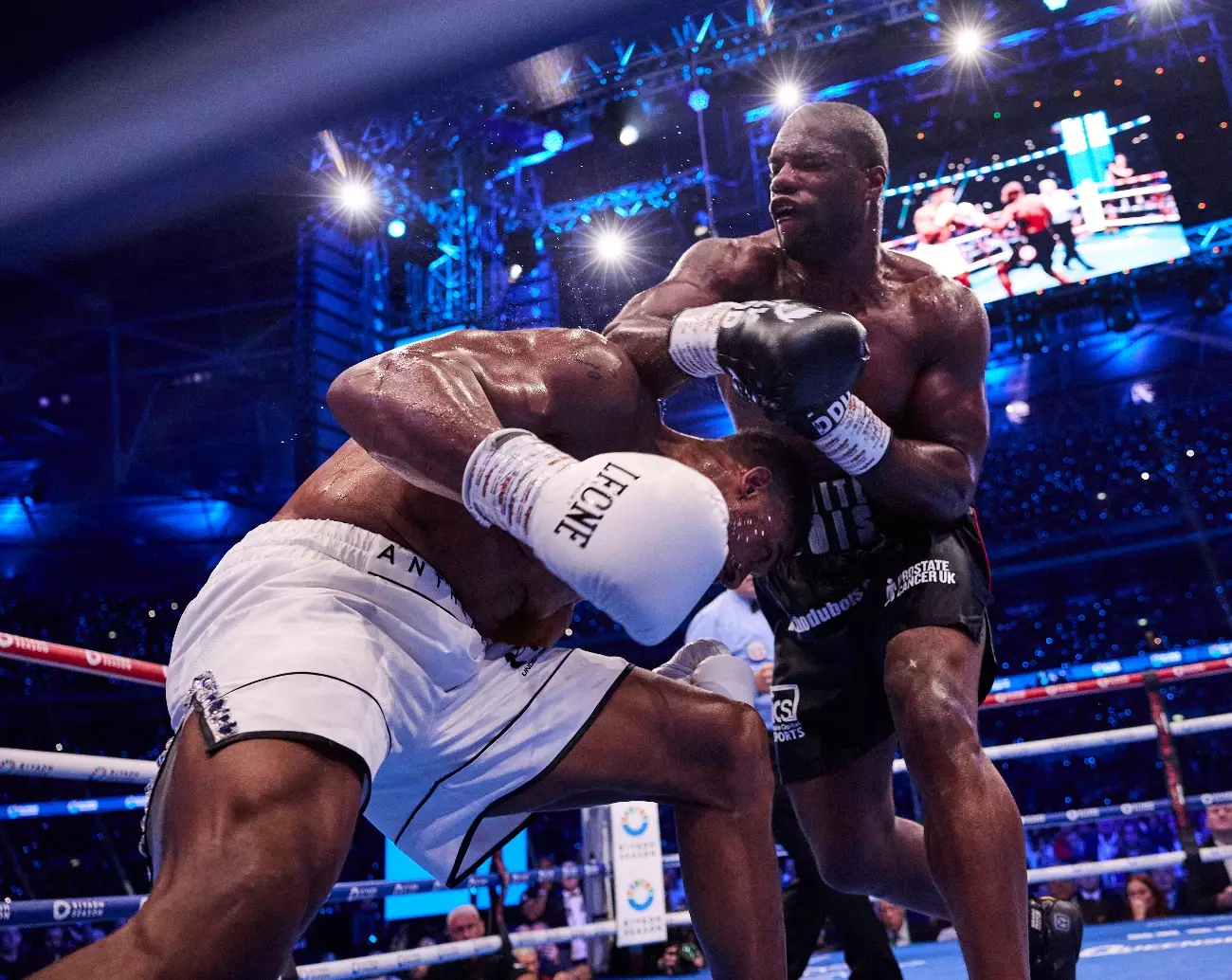In the world of professional boxing, high-stakes challenges often draw considerable attention, and this week, the spotlight fell on Jake Paul, a former YouTuber turned boxer. IBF heavyweight champion Daniel Dubois extended a bold invitation to Paul, offering him a shot at the heavyweight title. However, analysis suggests this encounter is somewhat illusory, given Paul’s history of handpicking opponents who pose minimal risk to his rising career.
Dubois, boasting an impressive record of 22 wins and only 2 losses, alongside 21 knockouts, seems like an intimidating foe on paper. With a direct message, he called out Paul, stating, “This is Daniel Dubois calling you out. Let’s get it on.” Despite the bravado of such an offer, it is unlikely that Paul will take up the challenge. This hesitancy stems from a keen awareness of the risk involved in stepping into the ring with a legitimate boxer whose skill set far surpasses that of most of his prior opponents.
Jake Paul has systematically constructed his boxing career around a strategic selection of opponents, predominantly choosing fighters who are either older, retired, or possessed of a diminished skill level. This has been pivotal in allowing him to maintain an image of an undefeated fighter while skillfully mitigating the probability of humiliation within the ring. Facing a young fighter like Dubois would dismantle this carefully crafted narrative, presenting Paul with the threat of either a swift knockout or a merciless defeat by decision.
Paul’s victory over the retired Mike Tyson—a fighter who, despite his storied legacy, is now 58 years old—was designed to further bolster Paul’s appeal, allowing him to bask in the glow of a “major” win. However, boxing aficionados are aware that such matchups do not equate to true competitive achievements. It becomes a game of recognition rather than merit, where the focus shifts from skill development to marketability.
What makes this situation particularly frustrating is that it diverts attention from the real potential that exists in the sport. Paul’s rise in popularity draws new audiences, particularly younger fans who might not be familiar with traditional boxing dynamics. By continually avoiding genuine competition, there is a risk that Paul will ultimately undermine the credibility he has been building—because sustained appearances against appropriate competition can elevate more than just his brand; they can reinforce the integrity of the sport itself.
The relentless pursuit of an easy paycheck becomes evident as a host of fighters, including Dubois and undisputed light heavyweight champion Artur Beterbiev, express interest in bouts against Paul, tempted by lucrative paydays rather than the allure of sporting glory. The potential for revitalizing their own careers by engaging with a media-savvy opponent in Paul exists, albeit with the caveat that his current trajectory undermines boxing’s noble tradition.
While the callout from Daniel Dubois may be enticing from a market perspective, it highlights the inherent challenges faced by figures like Jake Paul—caught within a web of their own making. The tantalizing prospect of actual competition remains tantalizingly just out of reach, and whether Paul will ever step into the ring with someone capable of challenging his status remains to be seen. In an evolving boxing landscape, true engagement with the sport’s essence may ultimately prove more lucrative than mere spectacle.

